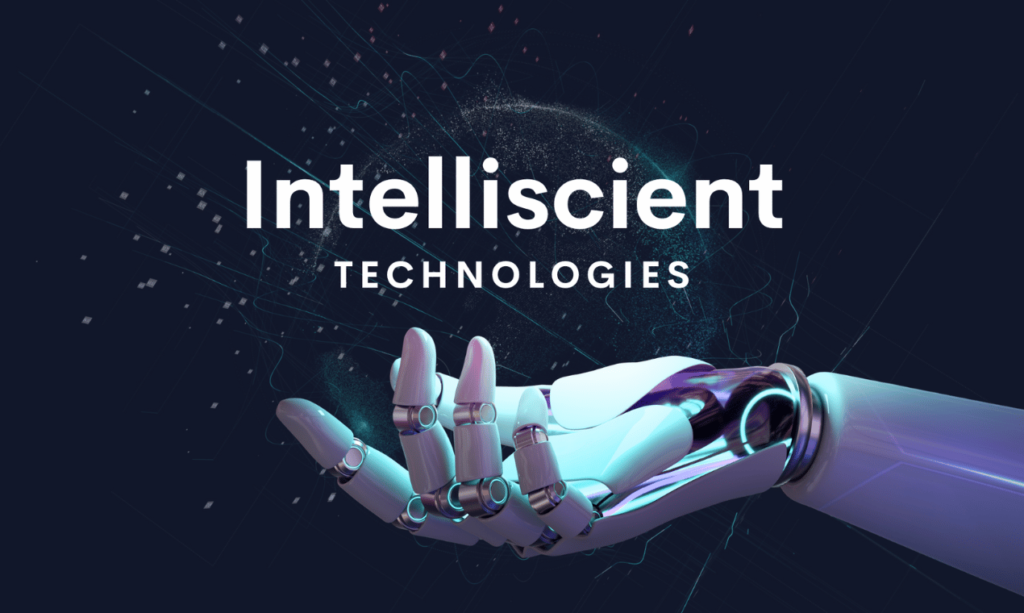Are you thinking about how advanced technologies could elevate your business? Adopting “intelliscient technologies,” which include the strategic use of artificial intelligence (AI), machine learning (ML), and data analytics, is crucial for enhancing business operations. By leveraging these tools, companies can improve operational efficiency, reduce costs, and gain a competitive edge.
This article explores how intelliscient technologies can transform various business processes and offers insights into their multifaceted impacts on business efficiency.
What is Intelliscient Technologies?
Intelliscient Technologies is a South African company focusing on talent creation, digital enablement, and Blue Prism® products. They are known for integrating young software talent into local businesses and providing training in RPA, Data Engineering, and DevOps. Additionally, they offer a suite of products called AAiNA, which enhances the quality and efficiency of Blue Prism® RPA implementations.
Their website provides more information about their offerings. However, the name suggests a conceptual or hypothetical framework for intelligent and scientifically advanced technologies, particularly in fields such as artificial intelligence (AI), machine learning (ML), and big data analytics.
Based on this interpretation, Intelliscient Technologies would refer to integrating and applying intelligent systems designed to enhance business operations, improve efficiency, and provide deeper analytical insights.
These technologies might include, but are not limited to:
- Artificial Intelligence (AI) – Systems that simulate human intelligence processes by machines, especially computer systems. These processes include learning (acquiring information and rules for using the information), reasoning (using rules to reach approximate or definite conclusions), and self-correction.
- Machine Learning (ML) – A subset of AI, machine learning involves the study of computer algorithms that improve automatically through experience and data. It’s used for various applications, including predictive analytics, speech recognition, and image recognition.
- Data Analytics and Big Data – Technologies that involve the analysis of large volumes of data to uncover hidden patterns, correlations, and insights. Big data analytics helps organizations harness their data and use it to identify new opportunities, leading to more brilliant business moves, more efficient operations, higher profits, and happier customers.
Why Automating Processes is Key to Efficiency

Automation, powered by Intelliscinet Technologies, drives efficiency across various industries. Here’s how Intelliscinet’s advanced automated solutions enhance operational effectiveness:
Increased Speed and Precision
Intelliscinet Technologies leverages AI and machine learning to perform tasks faster and more accurately than human capabilities. This swift execution ensures businesses can handle larger volumes of work efficiently, boosting productivity and output with precision.
Cost-Effectiveness
Implementing automation through Intelliscinet Technologies can significantly reduce costs. By minimizing the need for manual labor and decreasing the incidence of errors, businesses can save on labor costs and related expenses, leading to improved financial health.
Scalability
Intelliscinet’s automation tools allow businesses to scale their operations quickly. With systems designed to adapt to increased workloads without significant additional costs, companies can expand their services or adjust to market demands quickly and effectively.
Enhanced Customer Engagement
With tools like automated customer service chatbots, Intelliscinet Technologies helps provide round-the-clock customer support. This enhances customer satisfaction and allows companies to allocate human resources to more complex tasks, improving overall service quality.
Data-Driven Insights
Automation systems from Intelliscinet excel in collecting and analyzing data, offering businesses valuable insights into operational efficiency and customer behavior. These insights facilitate informed decision-making, enabling swift adaptation to market trends and operational optimization.
Risk Mitigation
Intelliscinet Technologies reduces operational risks by automating high-risk processes and minimizing human error. This is especially crucial in industries where precision and reliability are paramount, such as finance and manufacturing.
What Are the Strategic Advantages and Disadvantages of Intelliscient Technologies?

Here’s the comparison of the strategic advantages and disadvantages of Intelliscient Technologies formatted into a table for clearer visualization:
| Advantages | Disadvantages |
|---|---|
| Enhanced Decision-Making | High Initial Investment |
| Intelliscient technologies allow for the processing and analysis of large datasets quickly, providing actionable insights that improve decision-making. | Implementing AI systems involves substantial initial costs, including technology acquisition, integration, and maintenance. |
| Increased Productivity and Efficiency | Skill Gap |
| Automation through AI and machine learning reduces time and effort on routine tasks, increasing productivity and allowing focus on higher-value activities. | There is often a shortage of skilled professionals able to deploy and manage sophisticated AI tools, leading to recruitment challenges. |
| Scalability | Data Privacy and Security Risks |
| Technologies enable businesses to handle increased workloads without a corresponding cost increase, making scaling easier and more cost-effective. | Using extensive data increases the risk of breaches, requiring strong security measures to protect sensitive information. |
| Improved Customer Experience | Dependency on Technology |
| AI-driven interactions, such as chatbots and personalized services, enhance customer service and satisfaction. | Over-reliance on automated systems can lead to vulnerabilities, particularly if these systems face downtime or failures. |
| Competitive Advantage | Ethical Concerns and Bias |
| Early adoption of these technologies can set a company apart from competitors, offering faster innovation and responsiveness. | AI systems can perpetuate existing biases or create new ethical dilemmas, particularly if not carefully monitored and adjusted. |
What Are the Future Trends in Intelliscient Technologies?
Conclusion
Intelliscient technologies offer a pathway to enhanced business efficiency and competitive advantage. These technologies can transform traditional business operations into dynamic and efficient systems by automating routine tasks, providing deeper insights, and fostering innovation.
However, successfully integrating AI, ML, and data analytics requires careful planning and ethical considerations. Businesses embracing these technologies can thrive in a digital, complex marketplace.



